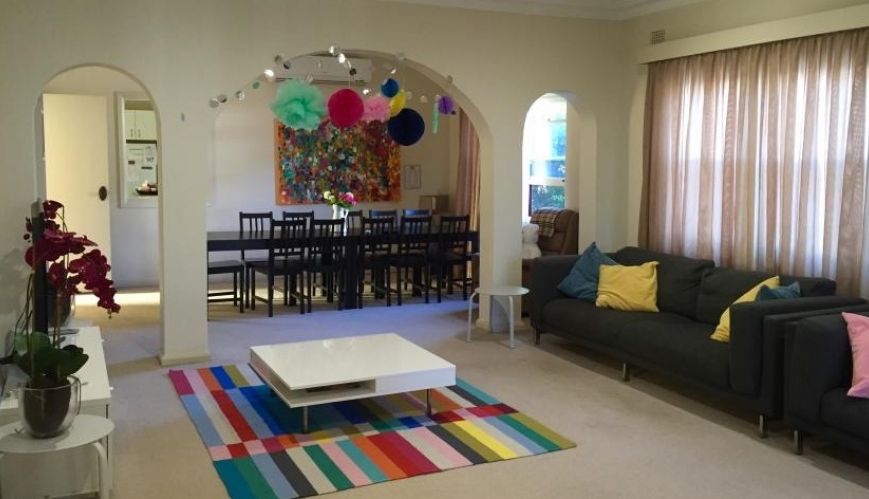Safe House supports victims of forced marriaage

Safe House supports victims of forced marriaage
9 December 2021
The Salvation Army's trafficking and anti-slavery Safe House works for victim-survivors of human trafficking and slavery-like conditions.
The Salvation Army established Australia’s first Trafficking and Slavery Safe House for victim-survivors of human trafficking and slavery-like conditions in 2008.
Women impacted by forced marriage can also access help and residential or outreach support at the Safe House, which provides supported accommodation and case management for single women (cis and trans) over 18. Outreach case management support can also be provided to women, men, families, and young people living in the community.
Since lockdown in Sydney ended in October, the Salvos have seen increased referrals to the Safe House. This has been partly due to victim-survivors re-engaging with services and sharing their experiences of slavery-like offences that have occurred throughout the COVID-19 pandemic.
There has also been an increase in young people contacting the service due to being at risk of an upcoming forced marriage. In the past fortnight alone, we have had several young women self-refer. They’ve been very concerned that now the borders are reopening and international travel is resuming, their parents may force them to go ahead with a marriage, including some that may take place overseas.
Support for people who have experienced forced marriage, or are at risk of being forced into marriage, is available. It is crucial that anyone who expresses a fear of forced marriage knows that they have the right to not go ahead with that marriage, no matter how much pressure they may be under. Services are available to support them with safe accommodation, financial support, and well-being if they need to leave the family home to avoid being forced into a marriage they do not want.
The intensive case management support model at the Safe House covers nine key areas: physical health, mental health, legal services, education and training, employment, housing and tenancy, social support and living skills, human rights and self-advocacy, and spirituality.
.